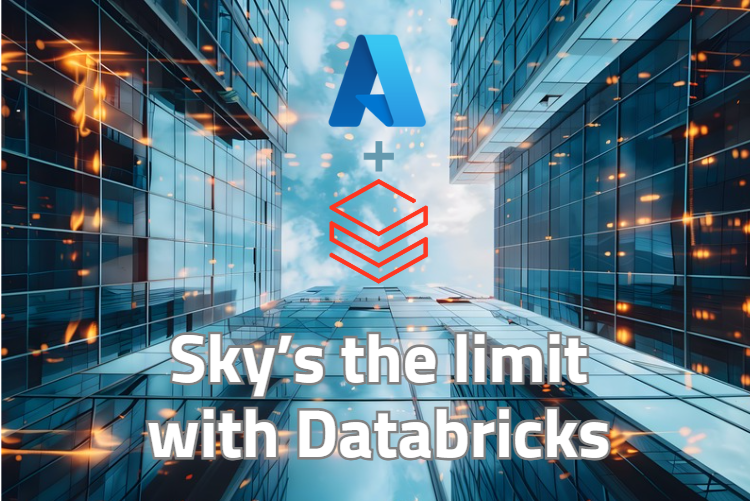The Challenge
The client successfully began a journey into a modern data architecture by adopting the Lakehouse design. As they progressed, they wanted to ensure they were effectively managing resources and costs as they looked to expand their use of their Azure Databricks environment. These issues were intertwined, as inefficient processes led to increased compute usage and higher costs.
NLP Logix completed a comprehensive evaluation of the client’s Databricks environment to identify inefficiencies, performance optimizations, and cost reductions. Specifically, the client sought answers to several questions:
- What aspects of the environment were not following best practices?
- Where were unnecessary computations occurring?
- Are there opportunities to reduce costs and improve performance?
Course of Action
Over the course of eight weeks, NLP Logix conducted a comprehensive assessment of the client’s Azure Databricks environment.
Solution Approach
- Initial Assessment: NLP Logix began with a broad overview of the client’s system, examining how data assets were cataloged and processed within Databricks using Unity Catalog. This included understanding the data processing pipelines from ingestion to consumption and identifying stages with high cost and compute usage.
- Initial Report: After two weeks, NLP Logix provided the client with an initial assessment report outlining preliminary findings and identifying broader areas for improvement. This report allowed the client to provide direction for the remaining assessment and to prioritize areas of focus.
- Deep Dive into Cost and Computing: Focusing on performance and cost, NLP Logix spent the next month analyzing why their environment was running inefficiently. Key findings included:
- Redundant Data Processing: all data was processed every day instead of just the new data, which led to unnecessary compute usage. NLP Logix recommended processing only the latest data and integrating it with the existing dataset.
- Reworking Inefficient Processes: NLP Logix identified specific areas that required rebuilding to enhance efficiency.
- Final Deliverables
- Comprehensive Assessment Report: A detailed document outlining our findings and recommendations.
- Executive Overview: A condensed version of the assessment report focused on business value, risks, and necessary actions, tailored for executive audiences.
- Action Plan: A punch list of tasks in Azure DevOps, detailing specific actions for the client to implement.
- Best Practice Guide: A guide outlining general best practices and specific recommendations for the client to maintain and enhance their environment.
Future Applicability
The client needed an expert evaluation of their Azure Databricks environment to identify inefficiencies and optimize performance and cost. NLP Logix’s thorough assessment and tailored recommendations provided them with the insights and action plan necessary to improve their operations. Our deep understanding of complex data environments, modern data architectures, and our ability to deliver actionable solutions that drive business value were key to this success.
The client has plans to continue expanded use of Azure Databricks, including the potential of future AI/ML use cases within the environment. Utilizing Azure Databricks for these AI/ML use cases will ensure the needed data is readily available and scales accordingly for production volume processing.
As a trusted Databricks partner with over a decade of AI experience, NLP Logix is uniquely positioned to understand and address unique business needs. We have a proven track record of delivering results, ensuring that our clients achieve their operational goals efficiently and effectively. By leveraging our insights and expertise, businesses can navigate their data challenges confidently and achieve significant performance improvements and cost savings.





